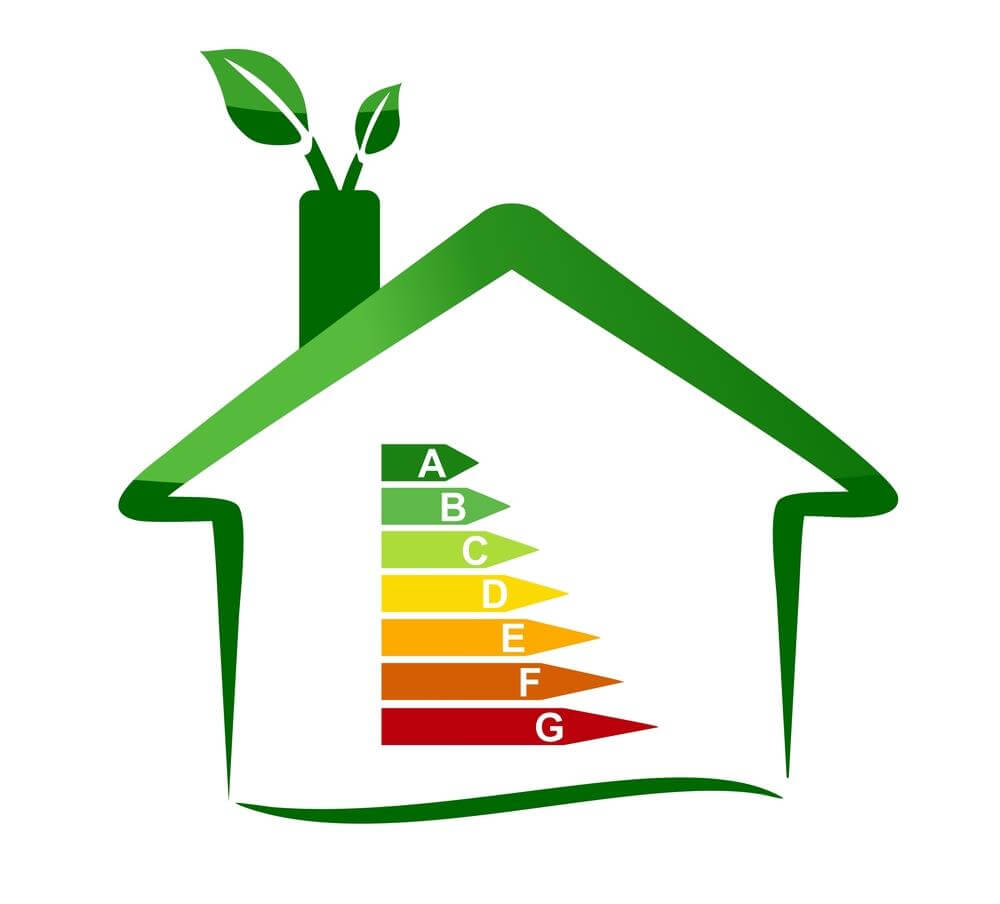Learning the lingo: understanding financial terms
A study by the Organisation for Economic Cooperation and Development (OECD), has revealed that only 38% of adults understand know what is meant by the term ‘inflation’. This has led to True Potential Investor creating this useful jargon buster to help us get to grips with the key terms and improve our financial understanding:
Capital
Simply put, capital is another word used for any initial funds that are invested.
Bonds
Companies who need to raise funds to meet a set goal can choose to issue corporate bonds that investors can then buy. The money raised from the investment is held for an agreed number of years. At the end — also known as bond maturity — the investor receives the money they invested plus their guaranteed interest which was agreed at the start.
The government also offers government bonds or ‘gilts’ which work in a similar way to corporate bonds and are used to fund borrowing.
Capital gains tax
This is the tax that is paid on profit that is made on certain types of investment — your ‘capital gain’. You may not need to pay capital gains tax — it depends on the amount of profit you make and whether you use the profit to buy new shares. More information can be found on the GOV.UK website.
Diversification
The process of investing across multiple areas and not just focusing on one is called diversification. For example, you can diversify your investment across a range of investment types — such as shares or bonds, for example — as well as between industries, currencies and countries.
Diversification of your investments could help you to manage the risk and reduces the impact of market uncertainty.
FTSE
The Financial Times Stock Exchange (FTSE) is used to monitor how companies or indices trading on the London Stock Exchange are performing. A number of lists are available, with each showing the fluctuations in share prices over time.
ISA
Individual Savings Accounts — or ISAs — offer a tax-free or tax-efficient option in which to save. There are two main types of ISAs: cash ISAs and stocks and shares ISAs.
• Cash ISAs — like a typical savings account, cash ISAs do not require you to pay tax on any interest that is generated.
• Stocks & shares ISAs — with a stocks and shares ISA, the money is invested with the aim of growing the fund over time. You do not pay tax on dividends.
Inflation
This term describes the amount of money in which goods and services increases over a timeframe. It is measured as an annual percentage change and can impact interest rates and share prices.
Pensions
Pensions are set up to help you put money aside for your latter years. The money you place in the pension fund is invested with the aim of growing it by the time you retire.
There are three main types of pensions:
• Workplace pensions — this type of pension is arranged through your employer. Usually, you’ll contribute an amount each month, with your employer also contributing and the government contributing tax relief too.
• Personal pensions — a pension you arrange yourself, which you can contribute to whenever you want.
• State pensions — a state pension is the amount you receive from the government once you reach State Pension age. Details on how much this is and eligibility can be found at the GOV.UK website.
Stocks & shares
Investors can buy stocks in a company. However, these stocks can be broken down into a number of shares, which can also be purchased by investors. Because of this similarity, the two terms are often interchangeable.
The aim with stocks and shares is to sell them on for a greater price than you originally paid. Usually, stock and shareholders receive a proportion of the company’s profits on an annual or bi-annual basis in the form of dividends.
Yield
This term describes the performance of your investment both now and in the future. For example, if you received £5 in interest from £100 placed in a Cash ISA, your total yield would be 5% which is equal to £5.



























